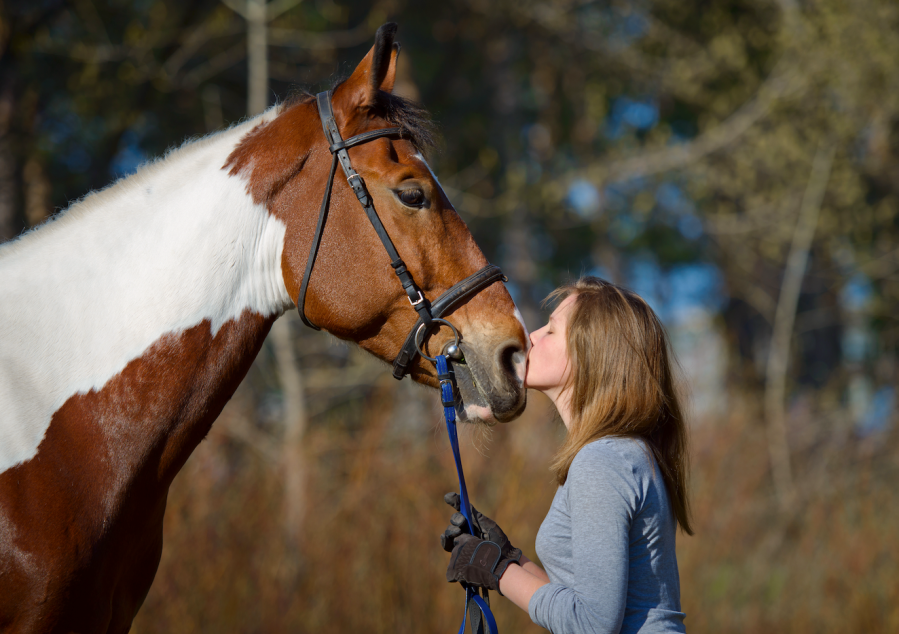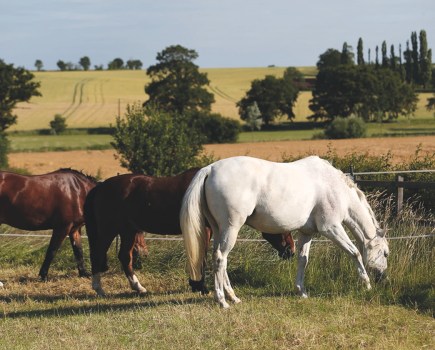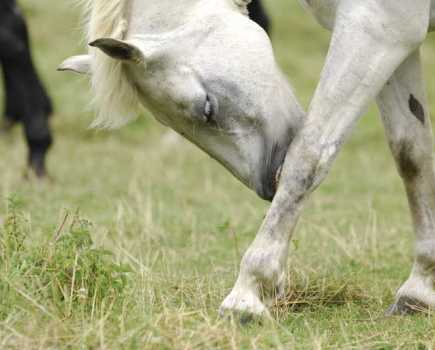It’s incredibly difficult to know when it’s time to put your horse to sleep. Your Horse asked equine vet Gil Riley for some advice about this emotional topic that is hard to talk about and make plans for, however it’s vital that you do.
Saying goodbye will never be an easy decision to make, but it may be useful to know that few horses die naturally without suffering. Euthanasia will ensure a pain-free death for your horse, but knowing when to make that decision is a worry for all owners.
The best advice I can give is that your horse will most likely ‘tell’ you when it’s time. Some important indicators that may highlight when the end is drawing near are:
- Loss of appetite
- Depression
- Chronic weight loss
- Difficulty to move and/or get up after lying down
Remember, you’re not on your own. If you are concerned about your horse, you should contact your vet and they’ll be able to advise whether treatment can be attempted, or if putting them to sleep would be more appropriate.
While this may be the very first time you’re in this position, your vet will have been here many times before with other owners, so their advice will be based on a lot of experience.
Euthanasia: what are the options?
As far as the act of euthanasia is concerned, there are two options available for horses: shooting or lethal injection.
The use of a gun has survived for so long in horse practice as the injections for a long time were simply not reliable.
It’s a great relief to vets that for almost 20 years now, we’ve had an injectable product that’s proven extremely consistent at providing a dignified and peaceful end for our patients.
I always say to my client that if they’re unsure whether the act will be humane then I’d ask for them to stay and watch. I don’t think any of them have been disappointed with how it was handled.
One thing that’s useful to think about in advance is organising what will happen to your horse’s body afterwards and handling the passport and insurance issues.
If prior arrangements have already been made, it will make it easier for you when the time comes. You won’t want to be thinking about this when you’re going through such an upsetting time.
How to cope with losing a horse
There are courses that you can attend if you want to discuss your options for euthanasia, or if you’re struggling with the grief after your horse has passed.
Going to these will enable you to talk about your feelings with people who are going through the same process.
- ‘Friends at the End’ is a British Horse Society initiative created to make sure that no horse owner or carer has to face the loss of their equine companion alone.
- XL Equine runs an ‘old friends’ workshop







